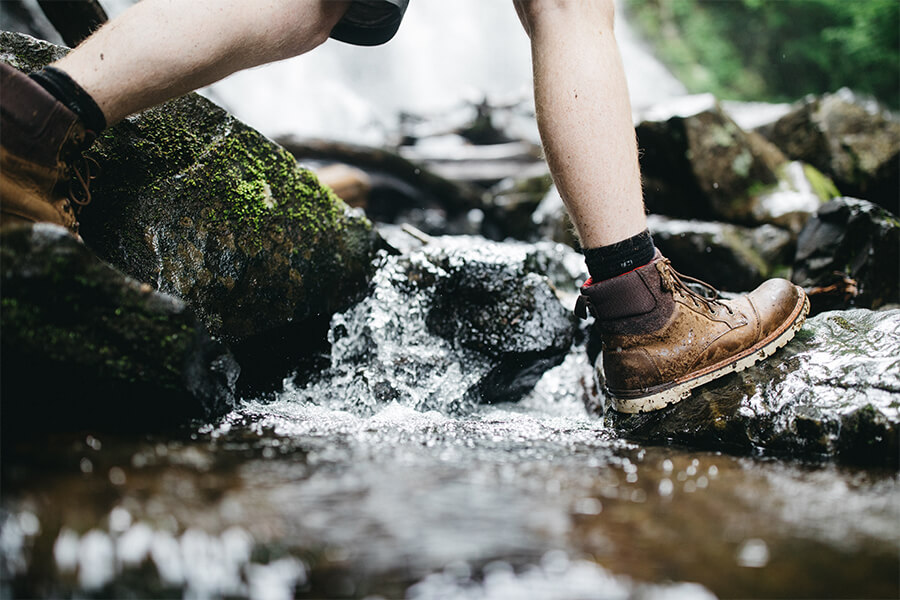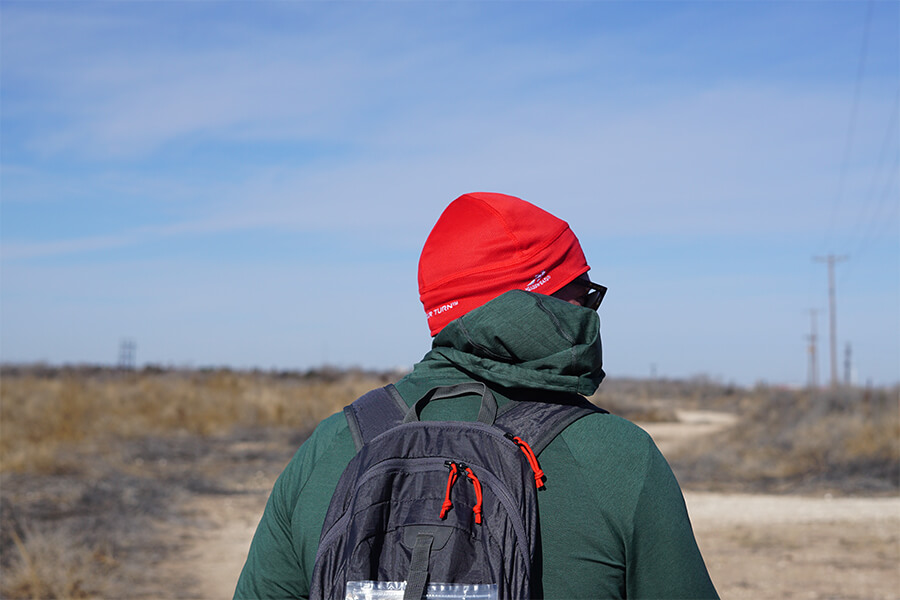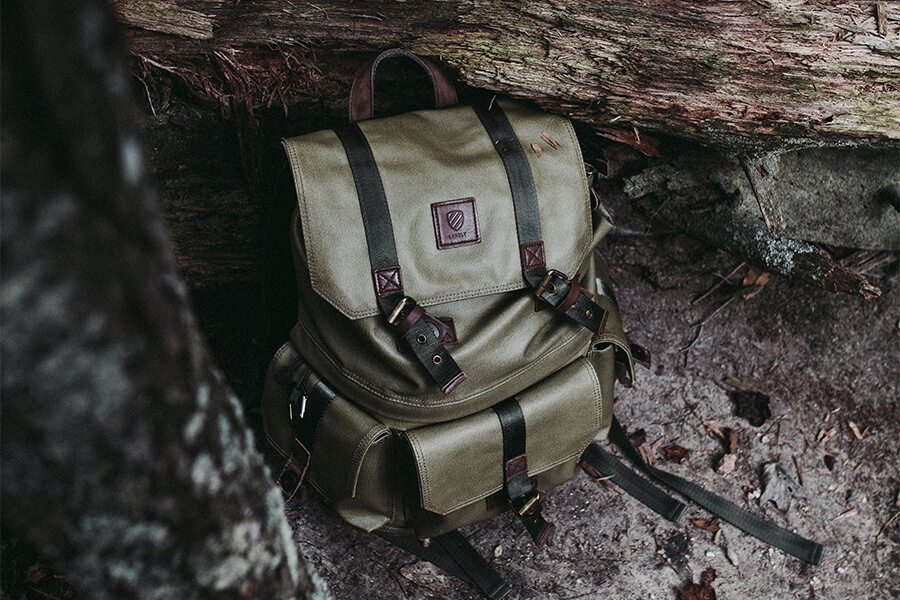Running and hiking are two common outdoor sports that call for various types of footwear. Running shoes are made for speed and agility on smooth ground, but hiking shoes are made for rough terrain. However, are hiking boots suitable for running? Given that it depends on a number of variables, the answer is not straightforward. We’ll thoroughly examine the advantages and disadvantages of wearing hiking shoes while jogging in this post to help you decide if it’s a sensible choice for you.
The traction of hiking shoes
The traction of hiking shoes and running shoes is one of their key distinctions. A more aggressive tread pattern is used in hiking shoes to increase traction on slippery and uneven terrain. They are therefore perfect for hiking on muddy or rough paths. The added friction might slow you down and make your feet feel heavy when jogging on flat ground, though, due to the similar tread pattern.
Protection
The cushioning of hiking shoes and running shoes is another distinction. Running shoes have a more cushioned midsole that is made to cushion the ride and absorb impact. Conversely, hiking footwear has a more robust midsole that is intended to cushion your feet from the shock of rocky terrain. Because they might not give your feet enough cushioning, hiking shoes may not be as comfy for running.
Adaptability
When deciding between hiking shoes and running shoes, flexibility is another crucial factor. Running shoes tend to be more flexible because they are made to let your feet move organically and freely. Conversely, because they are made to offer stability and control on uneven terrain, hiking shoes are stiffer and more supportive. Due to their potential lack of foot flexibility, hiking shoes may not be ideal for running.
Robustness
Running shoes tend to be less durable than hiking boots. They can withstand rough terrain and heavy wear because they are built of sturdier, more tear-resistant fabrics. Additionally, they feature strengthened sides, heels, and toes, which can add years to their lives. They are therefore a better option for hikes that need a lot of off-trail or bushwhacking travel. However, because of their toughness, they might not be as good for running because your feet might not have enough breathing room.
Are hiking boots suitable for running?
When deciding between hiking shoes and running shoes, fit is a crucial factor. Before buying, be sure to try on several pairs and walk about in them to make sure they fit properly. A proper fit is necessary for both comfort and injury prevention. Additionally, be careful to select the proper size because unpleasant and constrictive shoes can be uncomfortable shoes, and shoes that are too loose can create blisters or become a trip hazard.
In conclusion, a number of variables, such as traction, cushioning, flexibility, durability, and fit, influence whether hiking shoes are appropriate for running. Since hiking boots are made for rough terrain, they feature a more aggressive tread pattern, but this tread pattern can also make them less effective for jogging on smooth surfaces. In order to shield your feet from the shock of rocky terrain, they also have a more supportive midsole, albeit this can make them less comfortable for running. Additionally, hiking boots are more robust and abrasion-resistant, but they can not offer your feet enough breathability or airflow. When selecting footwear for hiking and jogging, it’s crucial to take these things into account. It’s also crucial to have the right equipment.







